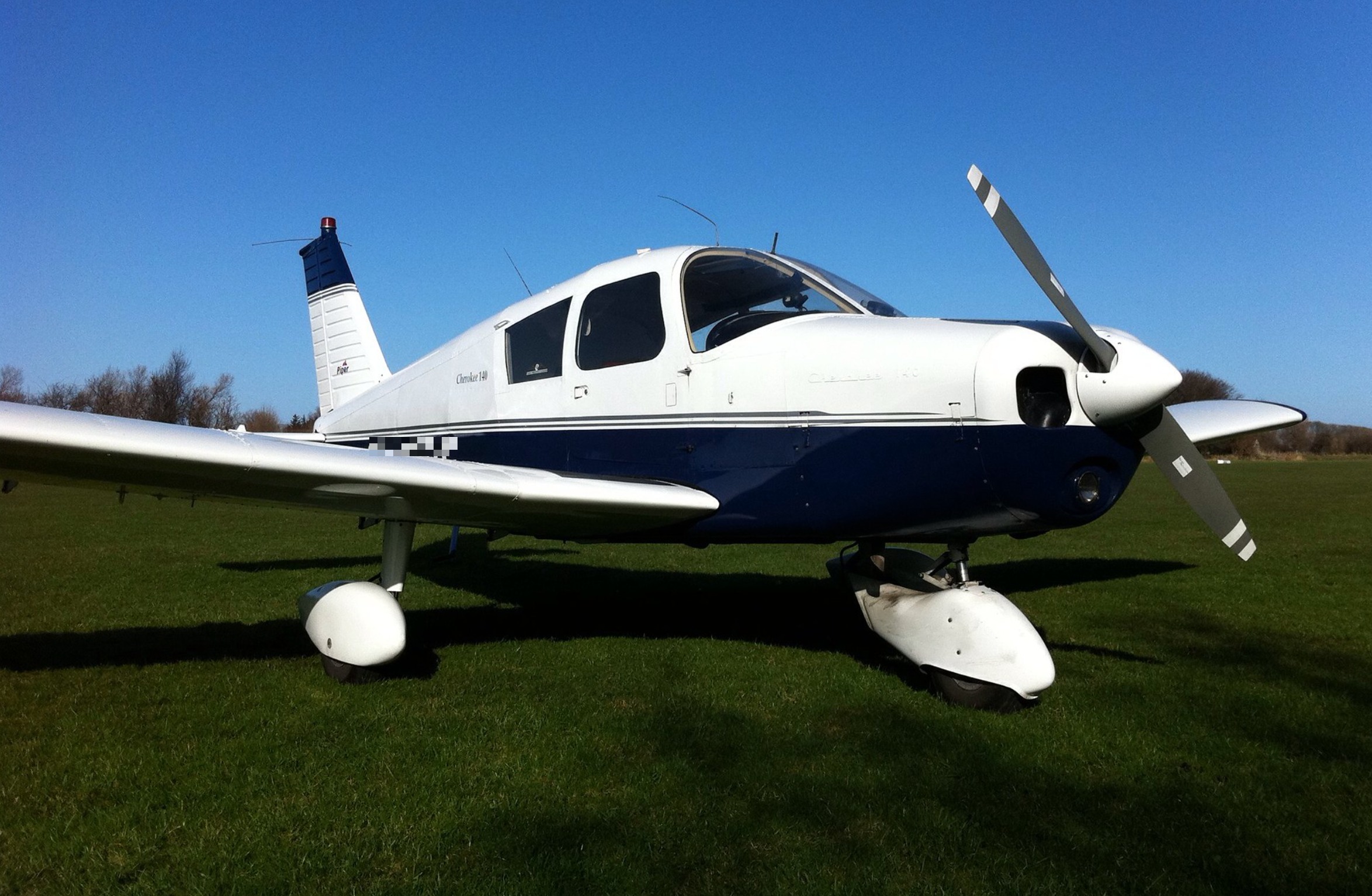A new nonprofit is connecting pilots of small airplanes with people seeking access to abortion and gender-affirming care.
Why it matters: As states such as Texas, Indiana and West Virginia pass new laws tightly restricting abortion access and other forms of care, residents in need of treatment are often forced to travel elsewhere.
But car, bus or commercial airplane travel can be expensive, time-consuming and risky for some, making general aviation a better choice in certain cases.
Details: The group, Elevated Access, launched in April of this year, and nearly 900 pilots have at least expressed interest in taking part, says the group’s spokesperson, who requested anonymity given the sensitivities surrounding the project.
Passengers are referred by other organizations, such as health care providers.
Pilots donate their time and expertise, and cover operational costs like fuel and rental fees (if they don’t own their own aircraft).
They’re vetted and required to have at least 200 hours of pilot-in-command (PIC) time — double the Federal Aviation Administration PIC requirement for a commercial pilot certificate.
They essentially function as Uber drivers — they’re told where a person needs to go but not the specific reason for the trip. “We’re the matchmaker, if you will, putting our pilots together with the patients,” says the group spokesperson.
Between the lines: Flying in a single-engine Cessna or Piper is typically far more discreet than using commercial aviation — passengers (who can be undocumented) don’t even need to show ID.
Small planes are also better able to make use of the thousands of general aviation airports dotting the country, meaning people can avoid trekking to busy urban hubs to catch their flight …



